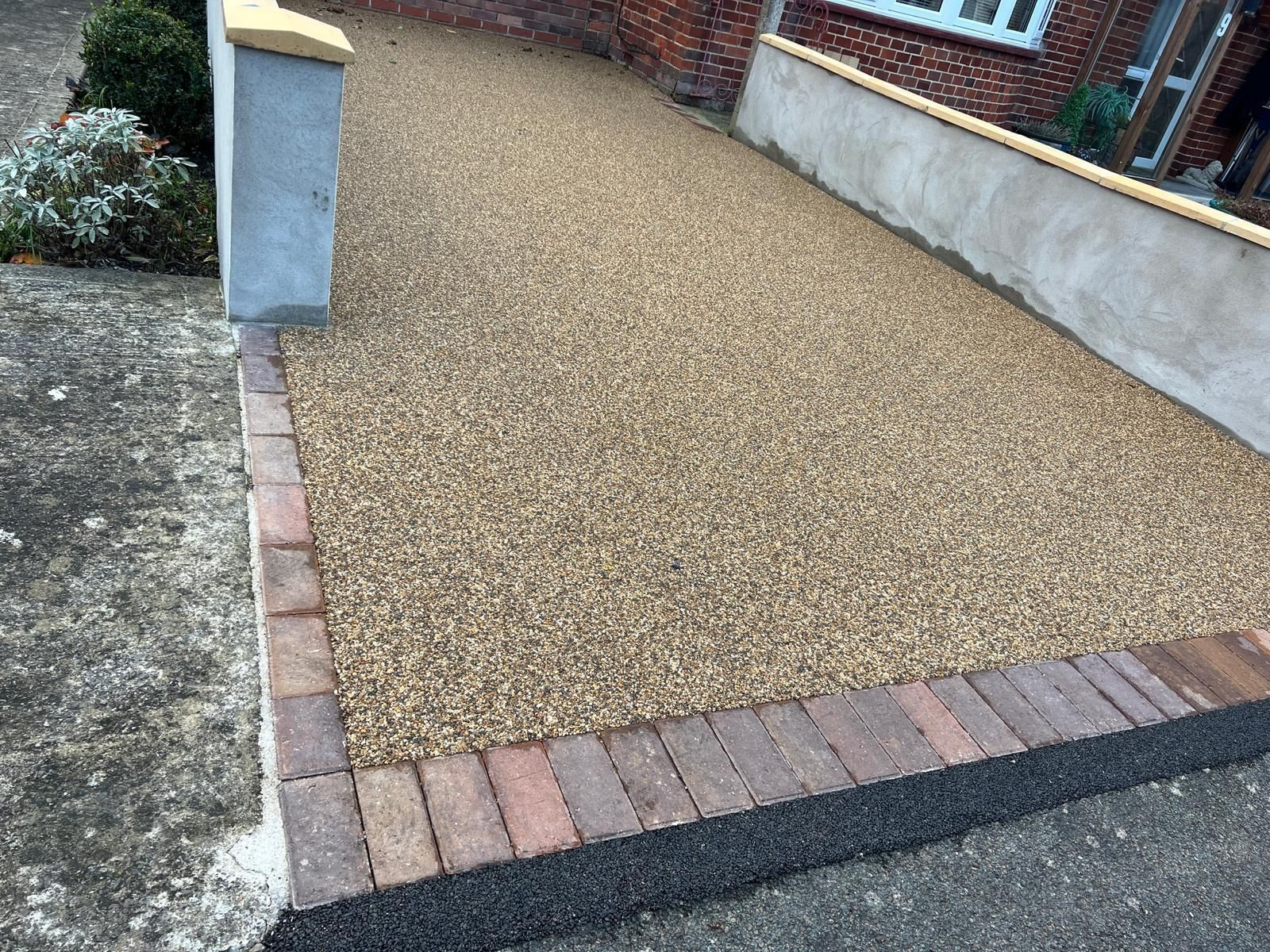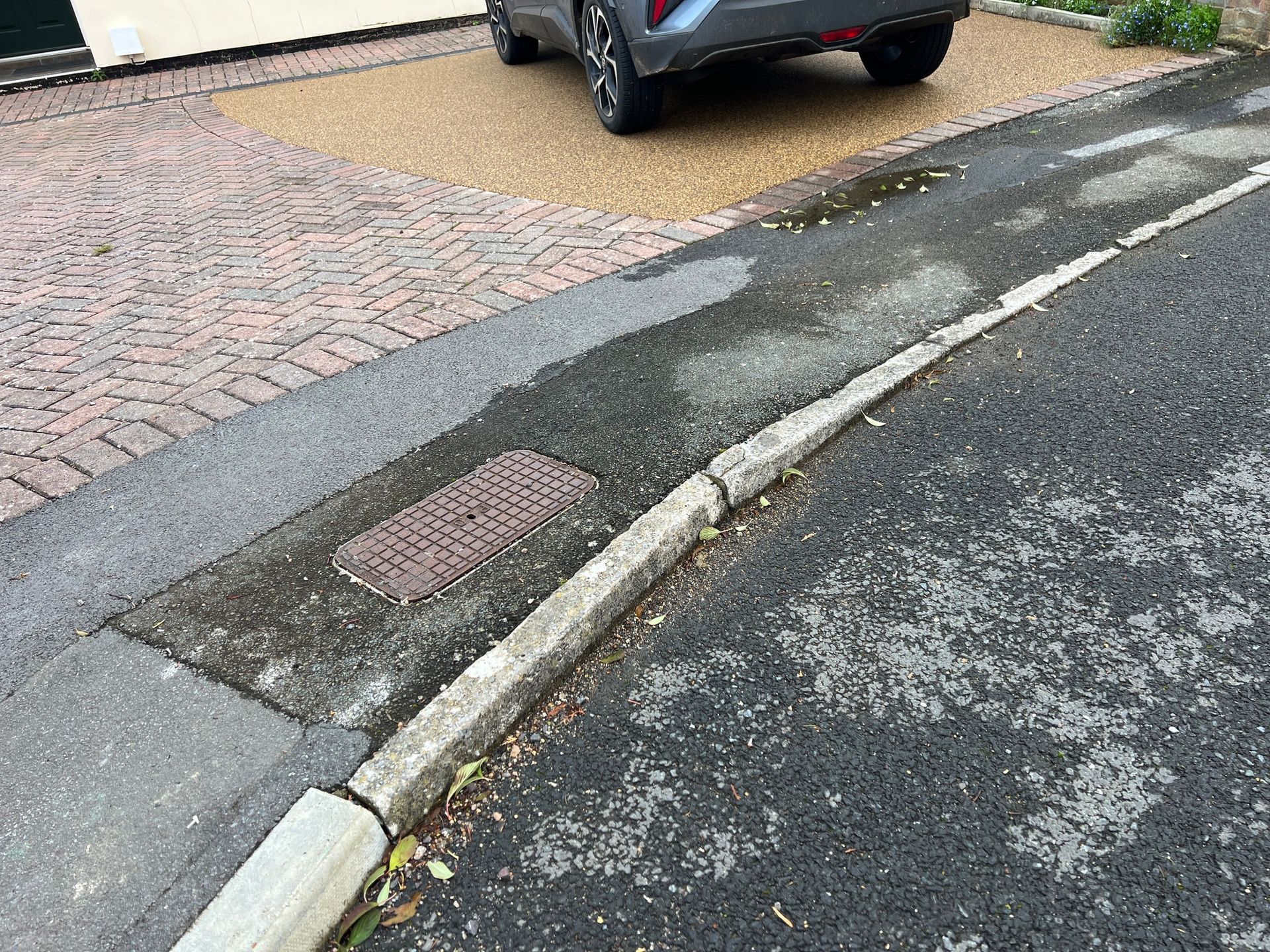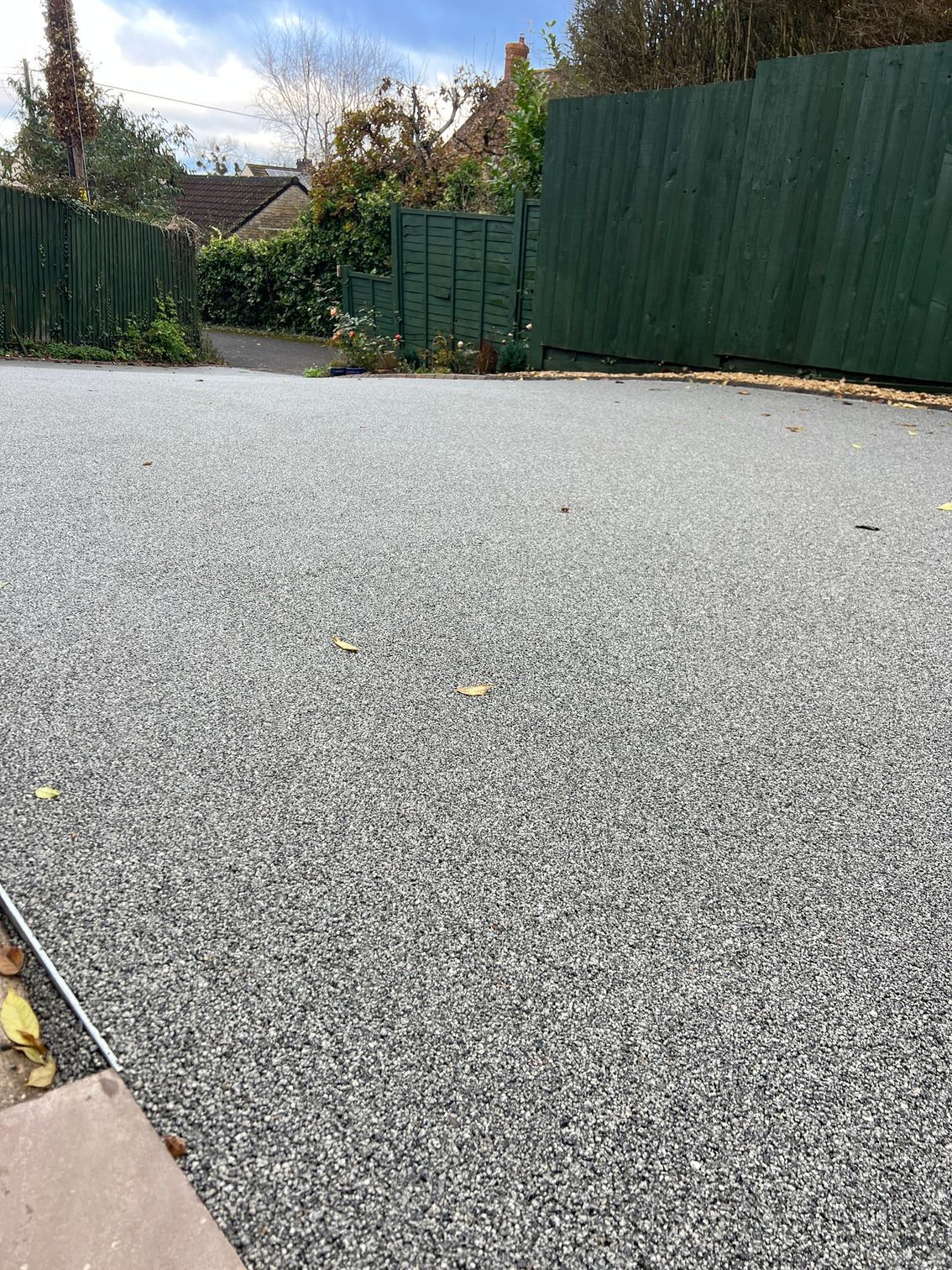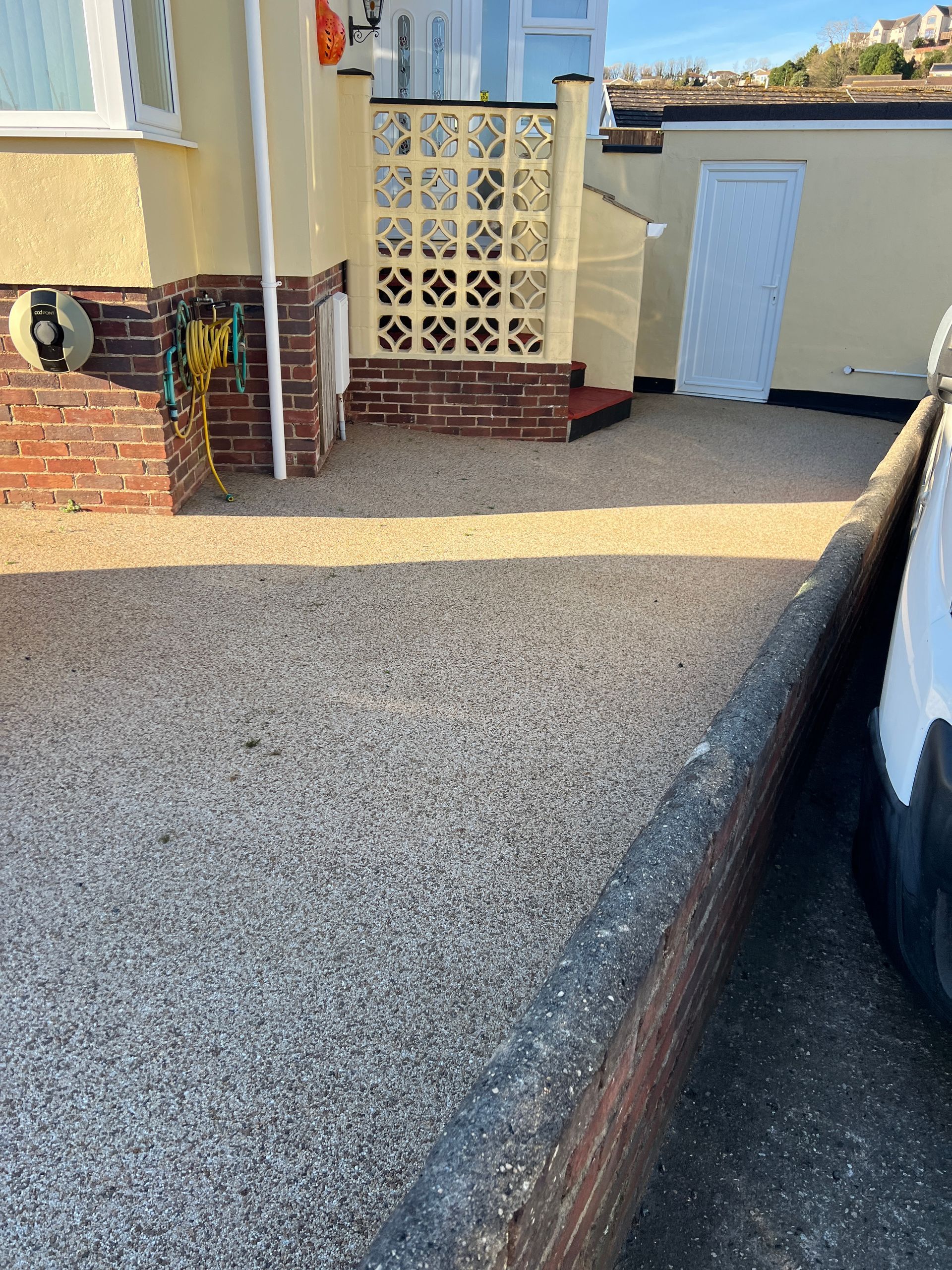Cool Pavement Technology: Combating the Heat Island Effect

Urban areas often struggle with the heat island effect, where city temperatures soar above those of surrounding rural areas. This phenomenon impacts comfort and increases energy consumption and air pollution. Cool pavement technology, particularly resin-based solutions, has emerged as a powerful tool in mitigating this effect, creating more livable and sustainable urban environments.
Resin Heat Conductivity: The Science of Cool Surfaces
The effectiveness of resin in cooling outdoor spaces lies in its unique
heat conductivity properties. Unlike traditional materials that readily absorb and retain heat, resin can be engineered to have low thermal conductivity. This characteristic allows resin surfaces to stay cooler under direct sunlight, contributing significantly to
surface temperature control in urban areas.
Energy-Efficient Driveways: A Cool Solution
The concept of
energy-efficient driveways goes beyond mere aesthetics. Using resin-based cool pavement technology, these driveways actively reduce the overall heat load in urban areas. This reduction can lead to decreased air conditioning usage in nearby buildings, saving energy and reducing carbon emissions.
Climate-Adaptive Surfaces: Responding to Environmental Challenges
As we face increasing temperature extremes due to climate change, the need for
climate-adaptive surfaces has never been greater. Resin driveways can be formulated to respond effectively to varying weather conditions, maintaining their cooling properties even during intense heat waves. This adaptability makes resin an ideal material for creating resilient urban infrastructure.
Thermal Insulation Properties: Keeping the Heat at Bay
Resin's
thermal insulation properties are crucial in its effectiveness as a cool pavement material. Resin driveways help keep the underlying soil and surrounding air cooler by creating a barrier that resists heat transfer. This insulation provides a more stable and comfortable microclimate around the treated area.
Heat Absorption Reduction: The Key to Cooler Surfaces
One of the primary goals of cool pavement technology is
heat absorption reduction. Resin can be engineered with unique pigments and additives that reflect a larger portion of incoming solar radiation. This increased reflectivity means less heat is absorbed by the surface, resulting in lower surface temperatures and reduced heat radiation.
Incredible Resin Formulations: Innovations in Material Science
The development of
cool resin formulations represents a significant advancement in pavement technology. These innovative materials combine the durability and versatility of resin with enhanced cooling properties. From specialized polymer blends to advanced additives, these formulations are pushing the boundaries of what's possible in creating cool, comfortable outdoor surfaces.
Infrared Reflective Coatings: An Added Layer of Protection
Infrared reflective coatings can be applied to resin driveways to further enhance their cooling capabilities. These coatings are designed to reflect a larger portion of the sun's infrared radiation, which is responsible for much of the heat we feel. By incorporating these coatings, resin driveways can achieve even greater temperature reductions, improving thermal comfort in urban spaces.
In conclusion, cool pavement technology, particularly resin-based solutions, offers a promising approach to combating the urban heat island effect and creating more comfortable, energy-efficient cities. By harnessing the unique thermal properties of resin and incorporating innovative cooling strategies, we can develop surfaces that look great and actively contribute to a cooler, more sustainable urban environment. As we continue to face the challenges of rising temperatures, the role of materials like cool resin in shaping our cities will undoubtedly grow in importance.
You might also like
Resin Driveways For Life





